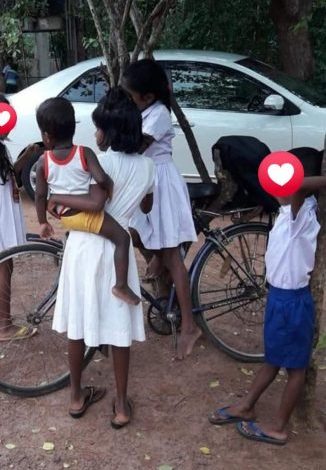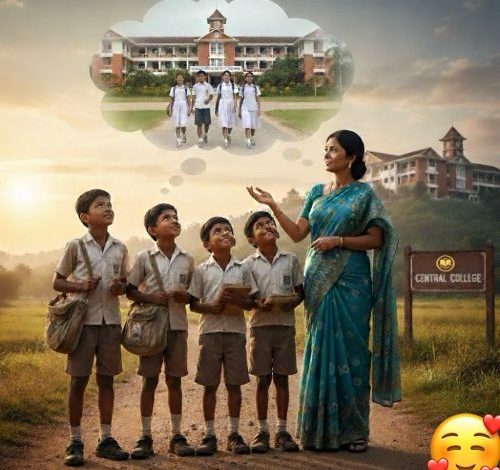
The Grade 5 Scholarship Exam: A Different Game for Rural Children
For a child in a popular urban school in Sri Lanka, the Grade 5 scholarship exam is often just another hurdle—a chance to move to a slightly more prestigious school or to add another accolade to their resume. But for a rural child, this exam is everything. It’s a high-stakes, life-changing event that can either open doors to a world of opportunity or cement a future of limited options.
The stark disparity in resources and opportunities is at the heart of this issue. While a city child has access to well-equipped classrooms, libraries, computer labs, and a host of qualified teachers, their rural counterpart often studies under a tree, with broken desks and minimal resources. The gap widens further when you consider access to electricity, internet, and even basic sanitation facilities like clean water and toilets.
This isn’t just about a lack of comfort; it’s a lack of fundamental tools for education. Rural children can’t easily find tutors or print study materials. They face daily challenges, from long, treacherous walks through elephant-filled forests to a lack of proper transportation. The journey to the exam hall itself is often a daunting experience, as many have never even seen a large school hall before.
Despite these immense challenges, the system demands that these children achieve the same cut-off mark as those with every advantage. This “one country, one exam, one cut-off” approach is not just unfair; it’s a “cruel and inhumane mathematical method” that effectively locks rural children out of better opportunities. Even one cut-off mark for a District is unfair because of facility diversity between urban school and rural schools.
Albert Einstein says that “If you judge a fish by its ability to climb a tree, it will live its whole life believing that it is stupid.” Our education system, however, seems to tell the village fish, “Climb trees with the monkeys. If you can climb, you can win.”
This system needs to change. It’s a national emergency that’s senselessly destroying the potential of countless 10-year-olds. We must advocate for a more equitable system that recognizes these disparities. Until then, we must support these children and their parents as they strive to “cross the fence” and glimpse a different world. Because even if they return to their villages, they will come back as people who have seen the world beyond—and that in itself is a victory.
We wish for all students who sit for the Grade 5 Scholarship Exam in 2025 to able to achieve the cut-off mark!
by Dr. Kiloshini Hendawitharana



